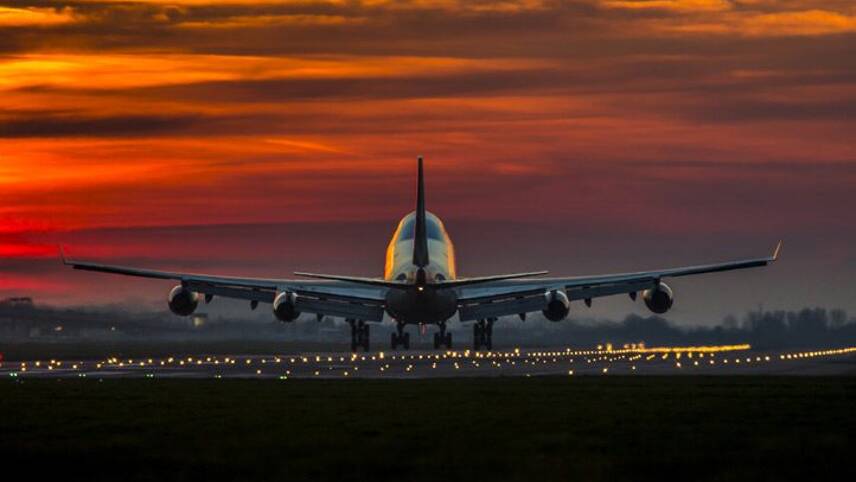Register for free and continue reading
Join our growing army of changemakers and get unlimited access to our premium content

Airbus, Breakthrough Energy, Boom Supersonic, Qantas Airways Limited, and World Energy are among the additional industry leaders participating in this partnership.
The programme, Sustainable Aviation Challenge, is calling on eco-entrepreneurs to contribute inventive solutions such as sustainable aviation fuel (SAF) or battery-powered flight to support the decarbonisation of the sector.
This endeavour is a partnership between the First Movers Coalition (FMC) and UpLink, aiming to amplify and bring to market sustainable aviation innovations.
The FMC strives to expand nascent technologies targeting challenging-to-decarbonise sectors, encompassing more than a third of global greenhouse gas (GHG) emissions such as aviation, aluminium, chemicals, concrete, shipping, steel, and trucking. It also supports direct air capture (DAC) of carbon dioxide.
FMC’s programme head Nancy Gillis said: “The Sustainable Aviation Challenge launch stands as a testament to the FMC focus on impact. It seeks to surface the supply needed to meet the $15bndemand signal from FMC members.
“The challenge doesn’t just focus on legacy producers; it actively seeks to identify and support budding innovators and emerging market players, which are key members of the net-zero puzzle solution.”
From 24August to 2 October 2023, proposals from businesses are accepted, with the announcement of “Top Innovators” slated for later in the year.
The UpLink platform, managed by the World Economic Forum (WEF) with support from Deloitte and Salesforce, will serve as the challenge’s host.
Successful innovators will gain access to branding opportunities and peer-to-peer learning through the WEF and UpLink network.
Salesforce’s chief impact officer Suzanne DiBianca said: “To meet our climate goals, we must bring disruptive clean technologies to market at scale.
“Together with our partners, Salesforce thoughtfully approached this sustainability challenge as a way to support and foster innovative ideas from ecopreneurs who aim to help decarbonise the aviation industry.”
Sector emissions and SAFs
The aviation sector is responsible for approximately 2-3% of the annual global greenhouse gas emissions.


Please login or Register to leave a comment.